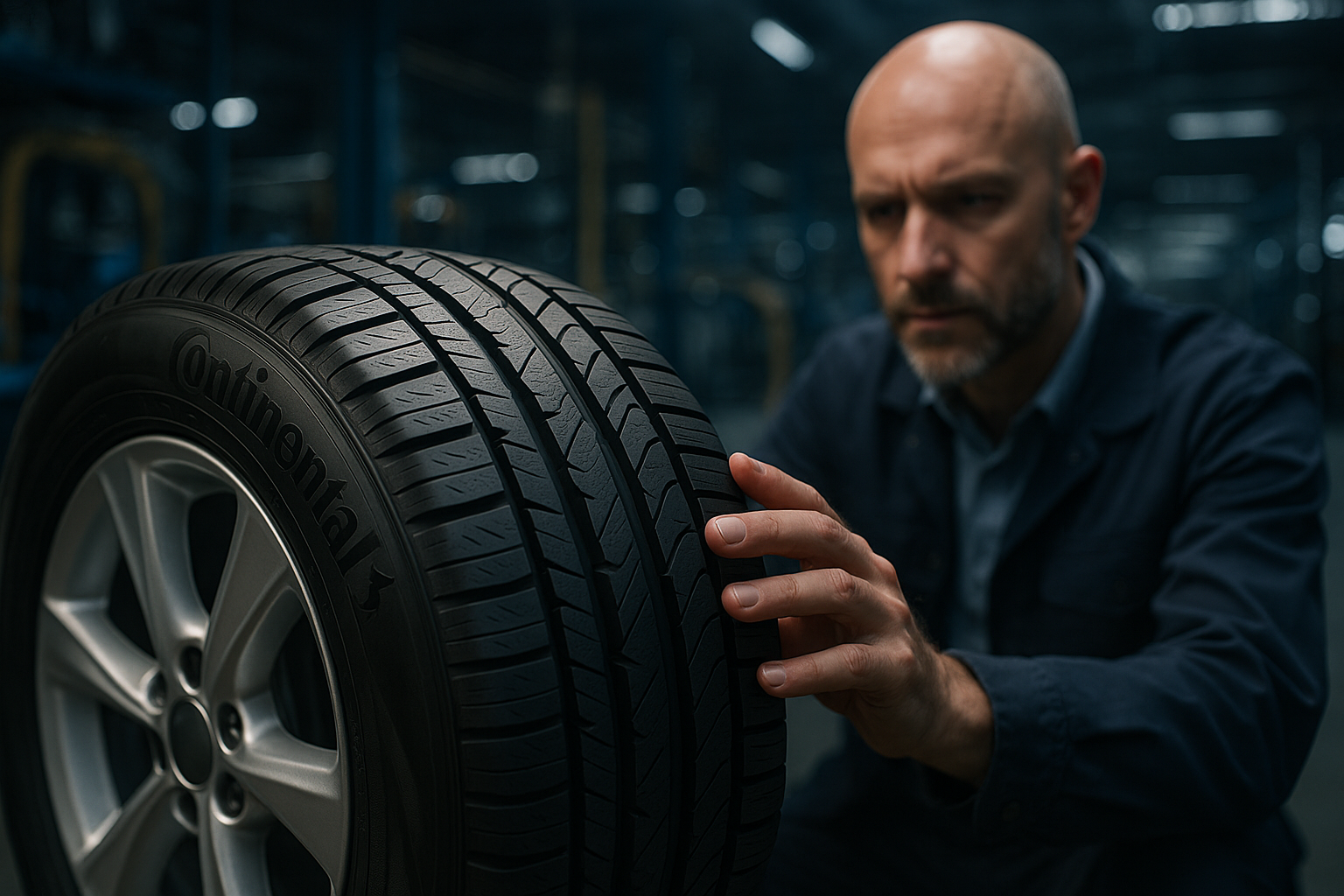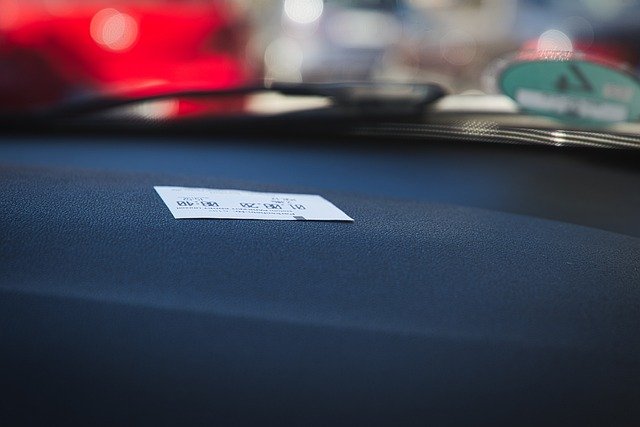A Practical Guide to Buying Affordable Cars at Police Impound Auctions
Vehicles end up in police impound lots for a variety of reasons, ranging from unpaid tickets to abandonment, and once cleared, many are sold through public auctions. These sales can offer access to dependable cars at significantly reduced prices—but there’s more to consider than just the bargain. Understanding the auction process, common conditions of available vehicles, and the kinds of fees often associated with purchases can help individuals feel better prepared. Many also take time to review vehicle histories or inspect mechanical issues to avoid surprises later. Explore how others approach these auctions with careful planning and what details they often review beforehand.

How do police impound auctions work?
Police impound auctions typically follow a straightforward process. Vehicles that have been in impound lots for a specified period without being claimed are put up for auction. These events can be held in person or online, with the latter becoming increasingly popular. Bidders register for the auction and receive a bidder number. During the auction, each vehicle is presented, and interested parties place their bids. The highest bidder at the close of bidding wins the right to purchase the vehicle.
Where can you find cheap government car auctions?
Finding government car auctions, including police impound sales, has become easier with the advent of online platforms. Websites like GovDeals.com and PublicSurplus.com list upcoming auctions across the United States. Additionally, local police departments and municipalities often advertise their auctions on their official websites or social media pages. For those looking to buy used cars online, these digital platforms provide a convenient way to access a wide range of vehicles from various locations.
What should you consider before bidding on an impounded vehicle?
Before placing a bid, it’s crucial to do your homework. Most auctions provide a list of available vehicles in advance, allowing potential buyers to research makes, models, and estimated values. It’s essential to set a budget and stick to it, as the excitement of bidding can lead to overspending. Additionally, consider the following:
-
Vehicle condition: Impounded cars are typically sold “as-is,” meaning there’s no warranty or guarantee of condition.
-
Inspection opportunities: Some auctions allow for pre-auction inspections. Take advantage of this if available.
-
Hidden costs: Factor in potential repair costs, registration fees, and transportation expenses.
-
Payment methods: Understand the accepted forms of payment and be prepared with the necessary funds.
Why is obtaining a vehicle history report crucial?
A vehicle history report is an invaluable tool when considering an impounded car. This report can reveal crucial information about the vehicle’s past, including:
-
Accident history
-
Previous owners
-
Maintenance records
-
Title status (clean, salvage, etc.)
-
Odometer readings
Obtaining a vehicle history report from services like Carfax or AutoCheck can help you make an informed decision and avoid potential pitfalls. While there may be a cost associated with these reports, the investment can save you from purchasing a problematic vehicle.
What are the risks and benefits of buying from police impound auctions?
Police impound auctions offer several advantages, including the potential for significant savings on vehicles. Many cars are in good condition and may only require minor repairs or maintenance. Additionally, these auctions provide access to a wide variety of vehicles, from economy cars to luxury models.
However, there are risks to consider. The “as-is” nature of the sales means that buyers assume all responsibility for the vehicle’s condition. There’s also the possibility of hidden damage or mechanical issues that may not be immediately apparent. Furthermore, the competition at these auctions can drive prices up, potentially negating the cost savings.
How does an “as-is” car warranty (or lack thereof) affect your purchase?
When buying a car from a police impound auction, it’s crucial to understand that these vehicles are typically sold without any warranty. This “as-is” condition means that once you purchase the car, you’re responsible for any repairs or issues that may arise. Unlike buying from a dealership, where you might receive a limited warranty or the option to purchase an extended warranty, impound auction vehicles come with no such protections.
To mitigate the risks associated with an “as-is” purchase, consider the following:
-
Budget for potential repairs: Set aside funds for immediate maintenance or repairs that may be necessary.
-
Get a professional inspection: If possible, have a trusted mechanic inspect the vehicle before bidding.
-
Research common issues: Familiarize yourself with typical problems for the make and model you’re interested in.
-
Consider aftermarket warranties: While not ideal, some third-party companies offer warranties for used vehicles, which could provide some peace of mind.
| Auction Platform | Type of Auctions | Key Features | Estimated Starting Bids |
|---|---|---|---|
| GovDeals.com | Government & Police | Wide variety, online bidding | $100 - $1,000 |
| PublicSurplus.com | Public Agency Auctions | Diverse inventory, user-friendly | $200 - $2,000 |
| Copart.com | Salvage & Clean Title | Large inventory, dealer access | $50 - $5,000 |
| IAA-Auctions.com | Insurance Auto Auctions | Salvage specialists, live streaming | $100 - $3,000 |
Prices, rates, or cost estimates mentioned in this article are based on the latest available information but may change over time. Independent research is advised before making financial decisions.
Purchasing a car from a police impound auction can be an exciting and potentially cost-effective way to acquire a vehicle. However, it requires careful research, preparation, and a willingness to accept some level of risk. By understanding the auction process, thoroughly investigating vehicles of interest, and being mindful of the “as-is” nature of these sales, you can navigate these auctions successfully. Remember to set a budget, obtain vehicle history reports, and consider potential repair costs when bidding. With the right approach, a police impound auction could lead you to your next affordable and reliable vehicle.




